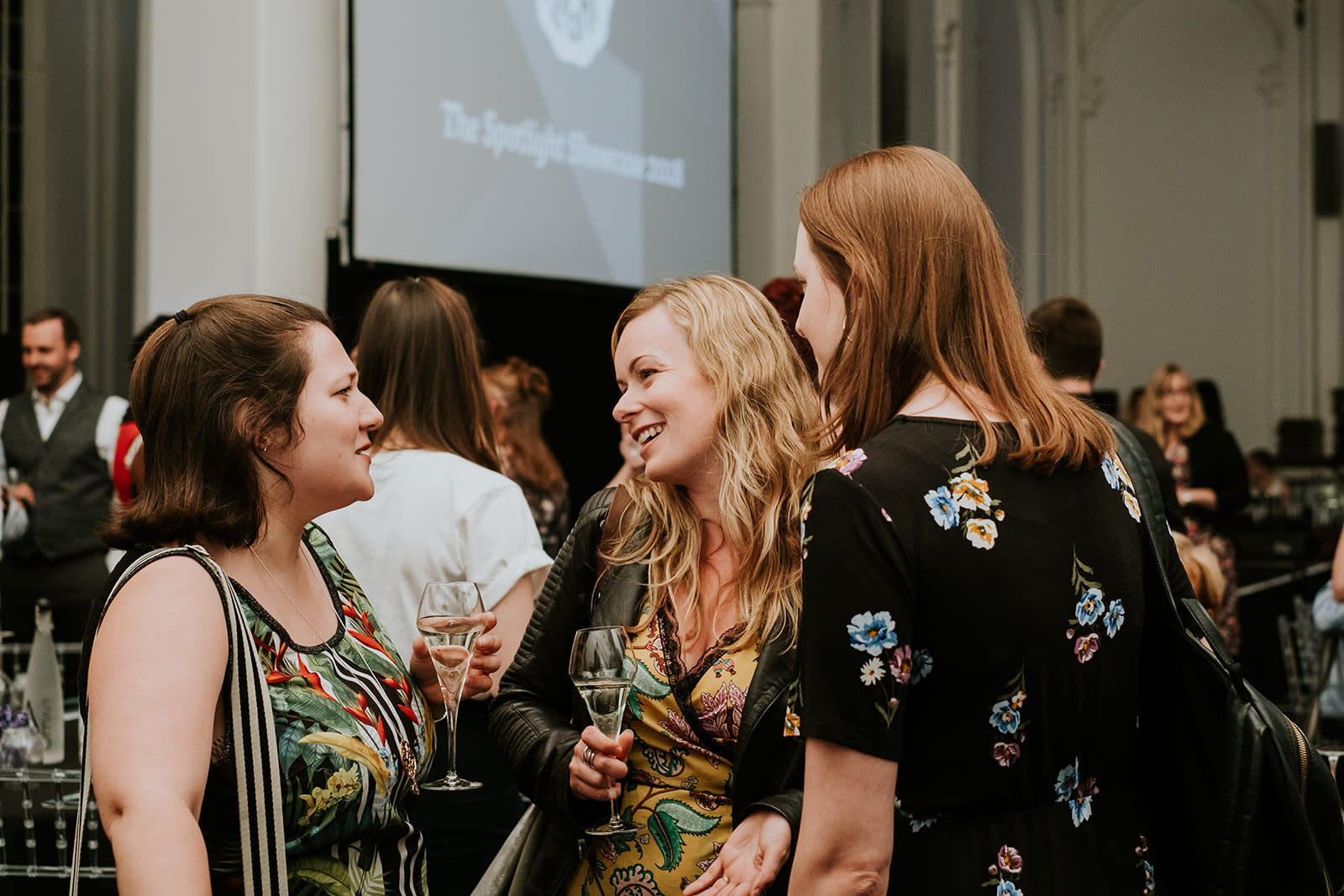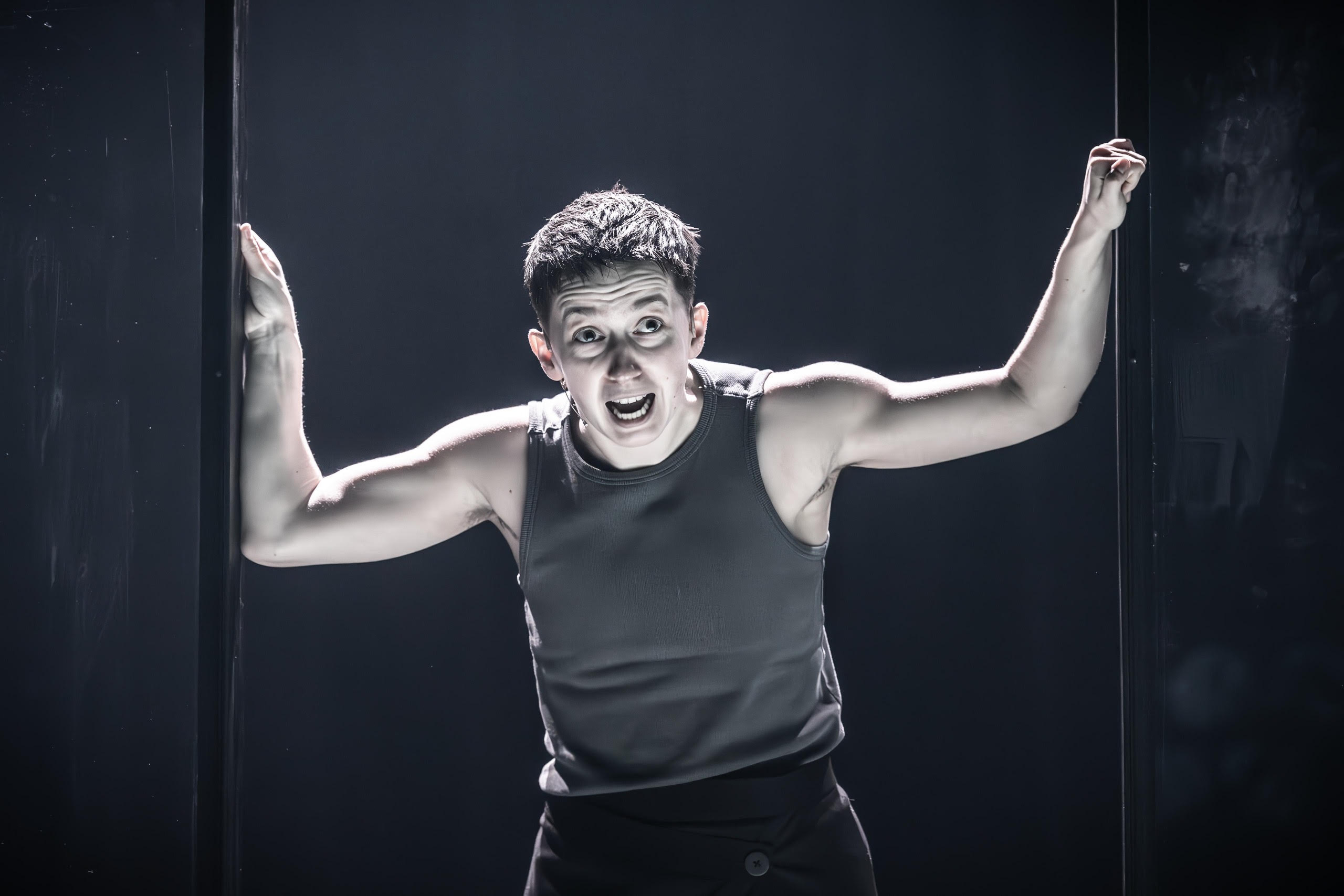Make sure you’re succeeding from the very first moments – here are our tips for making the best first impression!
It’s back to school season, making it a great opportunity to revamp your acting toolkit. A big part of landing work is to do with the impression you leave on the casting director and other industry professionals. But a good first impression starts well before you enter the audition room!
Here are our top tips for making your introduction as positive as possible:
Have an accurate and natural headshot
The most common pieces of advice that casting directors give us is about headshots: your headshot must be clearly of you, natural, no costumes or props. It should simply show you as accurately as possible – this means that if you drastically alter your look, you’re going to need to get new headshots taken! Colour is preferred, the image should clearly show you closely cropped so that you take up the majority of the image, and that’s it!
The biggest no-no for an actor is including a blurry, badly framed or inaccurate photo on their profile – it’s pretty hard to get through to the audition stage without a good quality headshot. Read some more advice from us, whether you are an adult performer or young performer on how you can get the best possible headshot for your profile. Still need a headshot? Contacts has you covered.
Make sure your online presence works for you – not against you!
If the first thing a casting director sees on your website or social media is you slagging off their work, that’s not such a great look. Be thoughtful about how you present yourself online – it is fine to have opinions about things, but make sure you are aware of who might see what you say online. There are plenty of ways that your online presence can work in your favour, it’s just about making the most of it. We’ve got some great advice on how you can take control of your talent online, which is the perfect way to maximise your online presence. Or take a look at our tips for making the most of your social media specifically!
Keep your profile up to date and succinct
It’s important that your Spotlight profile shows your most recent, relevant credits and that you aren’t including too much superfluous information for the casting director to sift through. It’s also really vital to keep your location up to date, so the casting director knows where you are based. Same thing goes for your showreel, which should not be any longer than it really needs to be! Include only your best work, don’t include any montages, and you’re good to go.
Our complete guide to making your showreel is right here, for everything else you need to know:
And for more general information on making your profile as good as it can be, take a look at these juicy articles:
- 6 Tips for Creating the Perfect Graduate Profile
- Editing a Young Performer’s Spotlight Profile
- How to Create the Perfect Spotlight Profile
Do your research
If you’re approaching a casting director for any reason, it’s a good idea to do your research first. You might know they are a casting director, but what have they worked on? What do you like about their projects? It’s a good idea to know something about them, what they’ve done, and the kinds of projects they generally cast, before making contact. Same thing goes for the audition room if you are called in – you should get to grips with them, the project you’re casting for, and the industry in general, to stand you in good stead. As an actor, you should have a good handle on what’s generally happening in the industry across film, television and theatre and that means keeping up to date with the latest industry news. Being engaged is important, and makes for a positive first impression!
Make a professional approach
Most casting directors really don’t appreciate being hounded on social media, or being sent the same email every day. Much like any professional position, there is good etiquette to take into consideration. If you’re emailing, keep it brief, polite and link to your Spotlight profile, rather than repeating information into the body of the email itself. Reread your email a few times before sending. Ask yourself: how would I feel if I received this email from someone I don’t know? Do I understand the email? Does it provide the necessary information? Is it polite?
Self-tape with style
When you are called upon to self-tape for a role, there’s a lot of great advice we can give. The number one point to make is this one: don’t film it in portrait, always in landscape. For a meaty summary of everything you need to make your next self tape amazing, have a listen to our podcast on How to Self Tape on a Phone. Make sure you’re capturing your talent as well as you can, and don’t overcomplicate the process. A good self tape is essential to leaving a positive impression on a casting director, even if you don’t land the job – they’ll remember great work when they see it!
Be prepared
In other words: know your lines! Preparing for an audition is really important for ensuring you walk into that room ready to perform at your best. Watch some more advice from casting directors on how to make the most of that all important prep time.
For young performers, the emphasis is a little bit different – take a look here for more specific advice! And if you’ve got a dance element to your audition, we’ve got the low down on facing your dance call-back fears.
Demonstrate your enthusiasm and work style
Everyone wants to work with someone who seems switched on, interested and friendly. Whatever the part, it’s important to show in your audition that you are willing to take and follow direction, and therefore willing to collaborate. You don’t have to be super chatty, or say too much, if you’re nervous – just make sure you are responsive, polite and professional. Definitely don’t try to argue or reject direction if you are given any – it’s just a suggestion, and even if you don’t nail it the way they’d like you to, it’s way better to show that you tried as best you could. After all, everyone wants to work with people who seem invested, interested and eager to make the best work possible!
Take note for next time, and let it all go
Once you’re done with an audition, practice some self care. Let go of the experience, taking note of anything you can do better next time – but only in a gentle way. Practice embracing ideas for self-improvement without self-judgment. Berating yourself or over-analysing how you said ‘hello’ to the casting director is likely to send you into a spin, rather than helping you improve in the future! So try not to be too hard on yourself – you can only take note and do your best for next time.
We hope this helps you on your way to nailing those all important meetings with industry professionals. But don’t just take our word for it: hear from Katie Redford for the actor’s guide to good etiquette as well!
Got any questions? Ask us on Twitter.



















